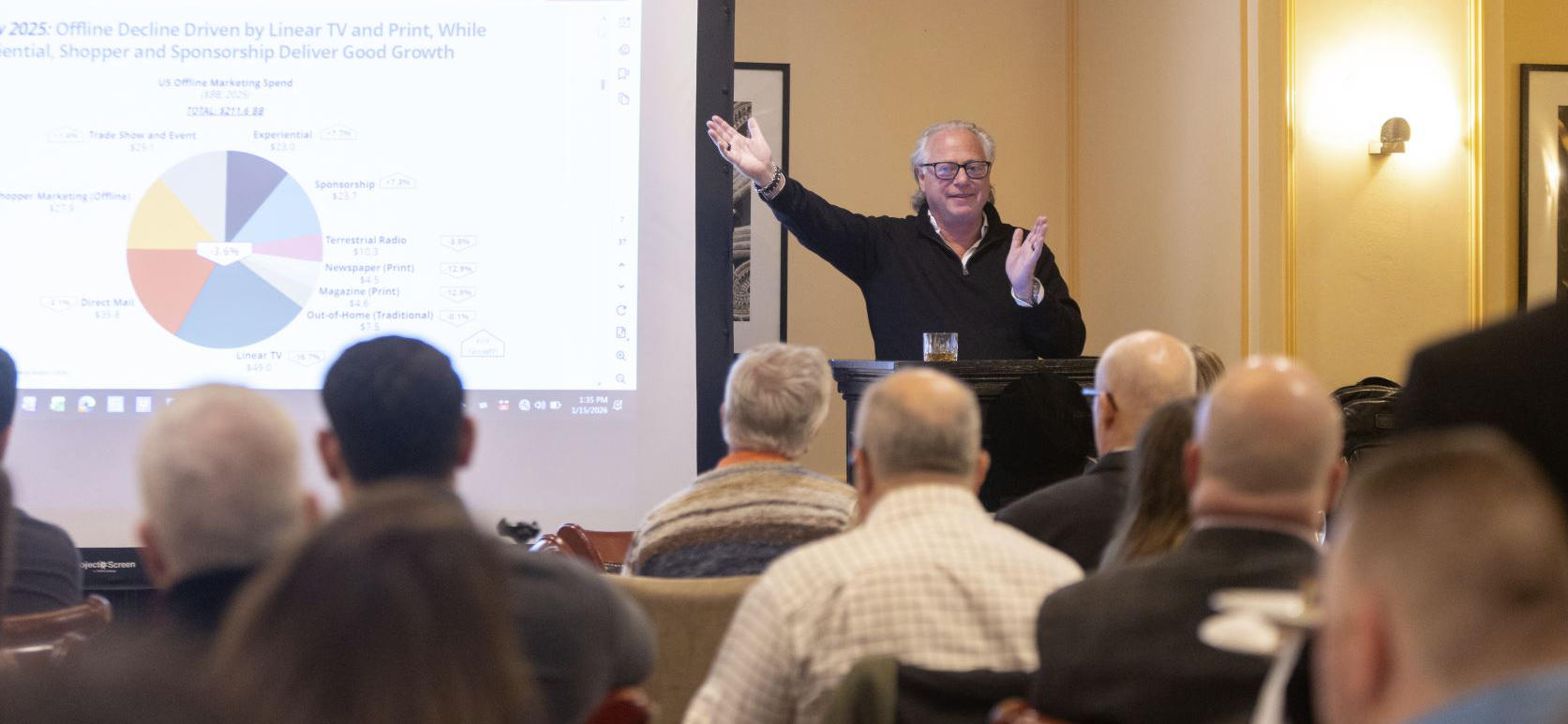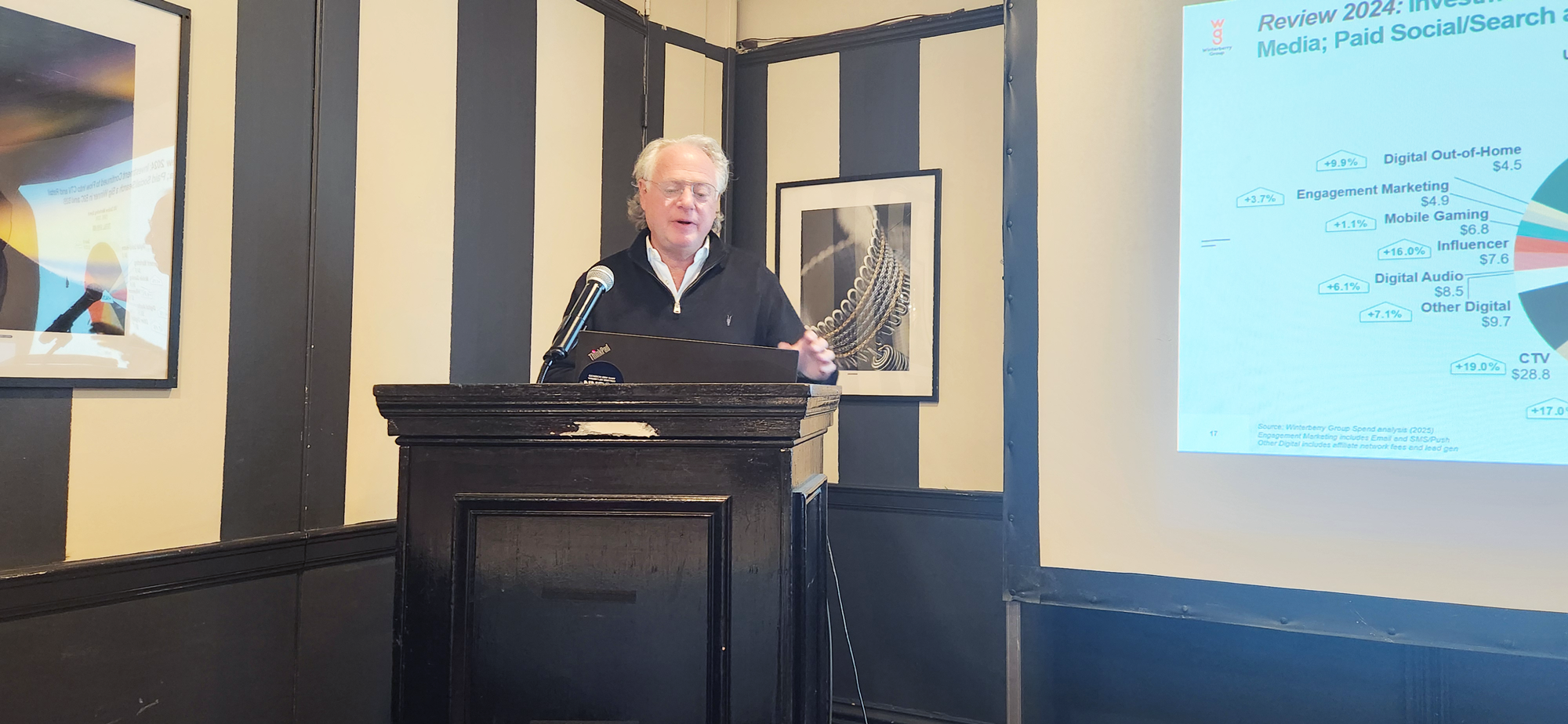
“Winning in modern marketing is like winning a Formula One race.” Mayur Gupta asserted during his keynote at the recent Ad Age IQ: Marketing & Technology Conference. But to win the race, you need to be in it—and most marketers haven’t even made it to the track, he said.
Gupta, VP of growth and marketing for Spotify, explained that marketers are struggling because they don’t even have a car built yet. They’re still focusing on individual pieces of the car; that is, individual elements of their martech stack.
“The pace of innovation is too fast for vendors to offer all the needed and possible parts,” Gupta said, adding that no martech vendor offers “a car marketers can buy.” Marketers have to build it themselves out of platforms, suites, and point solutions.
Another issues marketers face is not building the car to fit the right person in the driver’s seat. “We’re not putting customers at the center,” he said. Instead, it’s “let’s do an app” or “let’s go all in on programmatic.” Why are we going to launch those initiatives or campaigns? “Too often we don’t know,” Gupta said. “We need those answers first. We need to start with, ‘What are we solving for?’”
Marketers, he said, need to align technology to meet customer needs or drive customer behavior or change their mind-set. “It’s the application of technology to solve a human need that will drive business growth,” Gupta said.
Another issue is who marketers have building the car. “We often don’t have the skills or operating model to use the technology effectively,” Gupta explained. How many marketers, he asked by way of example, are using a marketing automation platform just to deploy email?
OK, so you’ve assembled the car. So what?
“Just because you have the car doesn’t mean you win the race,” Gupta pointed out. “You need data to learn what it will take to win.”
The reason: Customer relationships are a beast, he said. It’s complex to determine what customers are doing where and why, and what will lead them to advocacy. CRM is a start, but modern marketing needs systems thinking, Gupta advised. It’s how marketers can use data to better understand their segments, and then take actions such as moving from broad attitudinal segments to microsegments—because most of the former aren’t actionable in broad media.
The data that will help marketers rev up to win the race will enable them to identify key moments and inflection points across the customer journey, he said. This will allow them to determine which customers to talk to and which content to use to speak to those customers at specific points in their journey.
As marketers, the bar is exceptionally high to understand customers signals and meet those signals and do it time and time again, Gupta asserted. His recommendation: Keep testing and adjusting. There’s no guarantee that something that worked once will keep working, he said. So you need to keep testing to find the winning formula.
A caveat
There is one big difference between marketing and Formula One, Gupta said. Marketing won’t always need a pit crew to make it work. “The future of marketing is machine learning and programmatic,” Gupta predicted. “Machines have no egos, so they can help us focus on the customer.”

About the Author
Ginger Conlon, chief editor and marketing alchemist at MKTGinsight, catalyzes change in marketing organizations. She is a frequent speaker on marketing and customer experience, and serves in advisory or leadership roles for several industry organizations. Ginger was honored with a Silver Apple lifetime achievement award for her contributions to the marketing industry.
Find her at @customeralchemy and on LinkedIn.








